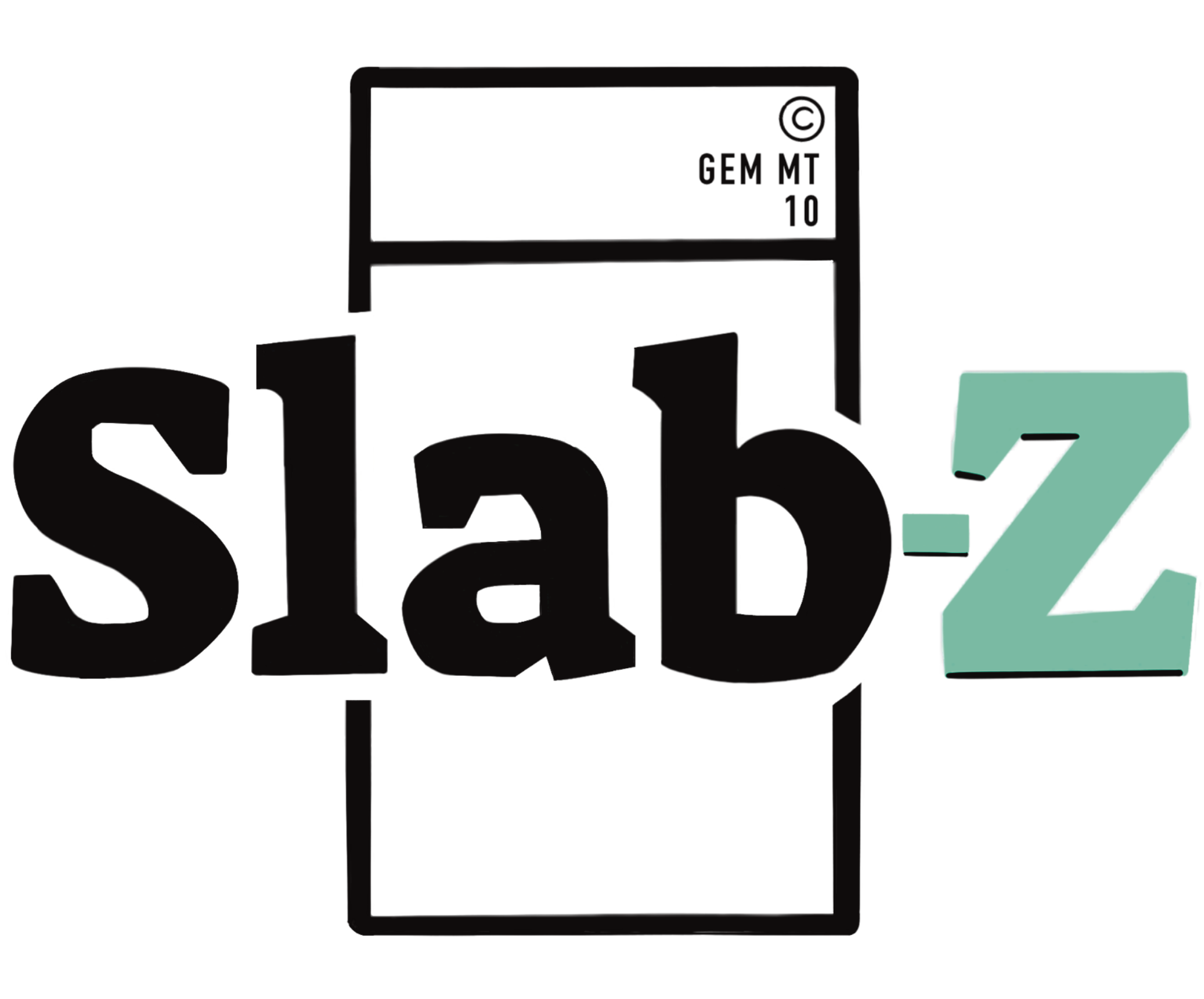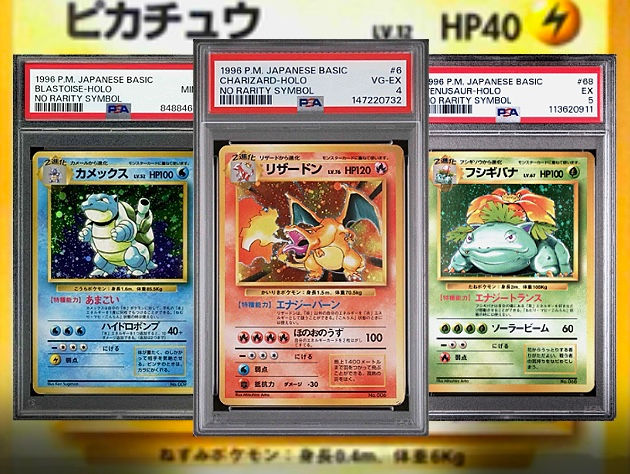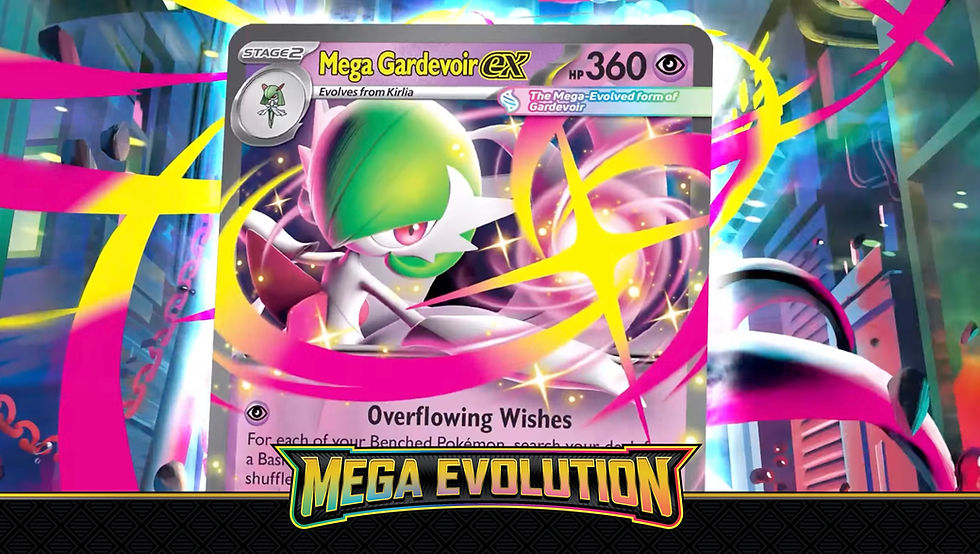TCG Authentication Market: A $6.6 Billion Opportunity
- Michael Rosas

- Jun 8, 2025
- 3 min read
Updated: Aug 22, 2025

While AI and computer-based graders like TAG are lauded for their impartiality and consistency, industry giants PSA, BGS, and CGC have been quietly revolutionizing the game with hefty investments in cutting-edge technology, and the results are nothing short of extraordinary.
From spectroscopic analysis that helps spot counterfeits on valuable autographs, to proprietary software-driven grading algorithms assisting graders in making objective assessments, to high-resolution imaging used to track and expedite card submissions, and extensive database cross-referencing crucial for identifying errors and variations — the ‘classic’ grading companies are far more advanced than many collectors realize. Aside from capacity expansions, such as opening international hubs across Asia-Pacific and consolidating grading facilities in Europe to reduce door-to-door delays, technology is playing a crucial role in streamlining these operations. The development of terabyte-sized libraries that map ink dispersion—a sophisticated technology helping to block high-quality proxies from Shenzhen print farms—along with holographic verification and microprinting from manufacturers, now makes technology the backbone of the entire trading card game industry. The trading card game (TCG) market is experiencing a surge in popularity, driving significant demand for reliable authentication services. A recent report by Astute Analytica projects that the global TCG authentication services market is set to reach an impressive $6.61 billion by 2033.

Industry data shows that the global trading card game authentication services market was valued at US$ 2,239.04 million in 2024 and is projected to reach US$ 6,611.93 million by 2033, growing at a CAGR of 13.13% from 2025 to 2033. Today's market leaders—PSA, Beckett, SGC, and CGC—are heavily investing in cutting-edge technologies to meet this rising demand and redefine how we verify, protect, and trust our cards.
Advanced imaging solutions are now central to authentication. PSA has slashed its average turnaround from 25 days in early 2023 to just nine days in 2024, thanks to innovations like machine-learning vision, ultraviolet fluorescence mapping, and 8-gigapixel stitching. Beckett’s VisionPRO system now batch-scans 450 cards per hour, while SGC’s LUCIA platform measures centering with an accuracy of just 0.15 millimeters. These upgrades not only speed up processing times but significantly improve verification precision—machines learn from each submission to boost accuracy continually.

Meanwhile, blockchain and digital certificate technology are revolutionizing provenance verification. CGC’s extensive 30-terabyte library of ink dispersion maps, combined with blockchain-secured ledgers, create tamper-proof records—ensuring card history is transparent and secure. Marketplaces like TCGPlayer and platforms such as Whatnot have integrated wallet-less verification, making international trading faster and more trustworthy than ever.
Regional hubs are also pivotal. PSA processed over 1.9 million cards in Hong Kong in 2023—surpassing U.S. volumes for the first time—while Singapore’s Qube Grading now offers a 24-hour turnaround. In Europe, companies like PCA and CardCase are forming new alliances to bypass customs delays and expand their logistics reach, strengthening the entire market.
Regulation and legal enforcement are ramping up, with governments seizing counterfeit signatures and US IP owners cracking down on fraudulent signatures, pushing costs higher but ultimately fortifying industry integrity.
The future of trading card authentication is clear: digital twins, blockchain solutions, AI tech—these innovations are making the market more transparent, efficient, and global. As these technologies evolve, the backbone of the hobby is being rebuilt—trust, transparency, and value—one verified card at a time.



















































































Comments